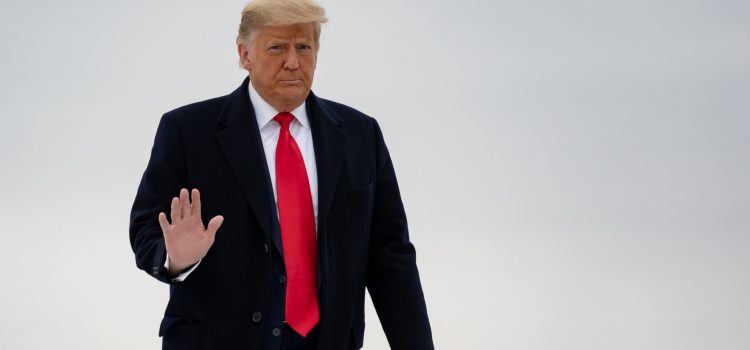

This article is an excerpt from the Shortform guide to "The Daily". Shortform has the world's best summaries and analyses of books, podcasts, and more.
Like this article? Sign up for a free trial here.
Has Judge Arthur Engoron been favorable to Donald Trump in his ongoing legal battle? What did Trump’s sons say about their father when they took the stand?
In a civil lawsuit overseen by Judge Engoron, Trump hasn’t been on the winning side. The Daily podcast highlights the most crucial moments from the case in a new episode.
Keep reading to learn how Judge Engoron feels about Trump’s sketchy financial statements.
Judge Engoron’s Stance on Trump’s Financial Statements
A significant turn of events occurred before the trial with Judge Engoron—Trump’s judge overseeing his trial—labeling Trump’s financial statements misleading, implying their fraudulent use.
Jonah E. Bromwich, a reporter present in the courtroom, details these developments, offering firsthand insights into the unfolding legal drama.
Engoron’s ruling established the basis for the proceedings, emphasizing the gravity of the lawsuit and setting a serious tone for the trial.
He determined that the financial statements in question had been repeatedly used in a fraudulent manner, solidifying the core accusation against Trump even before the hearings commenced. Engoron ultimately ordered Trump to pay a $355 million fine and banned him from conducting business in New York City.
The Trump Sons on the Stand: Donald Jr. and Eric’s Testimonies
Donald Trump Jr.’s testimony concerning his management of a trust for Trump’s business interests during his father’s presidency introduced conflict of interest concerns. He openly acknowledged endorsing financial statements he knew were misleading, reflecting a significant admission of responsibility.
Concurrently, Eric Trump’s testimony revealed a cautious demeanor underscored by evident displeasure. He was specifically accused of involvement in overvaluing the Seven Springs estate and, despite email evidence to the contrary, asserted that his role did not cover the intricacies of financial dealings.
Context
In the legal proceedings involving former President Donald Trump, allegations of fraudulent use of financial statements and conflict of interest have taken center stage. Prior to the trial, investigations were underway to scrutinize Trump’s financial statements for potential misrepresentation and fraudulent activity. These statements, which provide information about an individual or organization’s financial position and performance, were being examined for any intentional manipulation or deception.
Recently, Judge Arthur Engoron made a significant ruling in this case. He labeled Trump’s financial statements as misleading and implied their fraudulent use. This ruling has set the stage for the upcoming trial where the accountability of public figures will be put under scrutiny. The themes underlying this podcast episode include allegations of fraudulent use of financial statements, conflict of interest, and the responsibility that public figures hold in maintaining transparency and integrity.
To fully grasp this podcast episode, it is important to have background knowledge about the legal proceedings involving Donald Trump’s financial statements. Understanding concepts such as fraudulent use of financial statements—intentionally misrepresenting or manipulating information for personal gain or deception—is crucial.

———End of Preview———
Like what you just read? Read the rest of the world's best guides to The Daily" at Shortform.
Here's what you'll find in our full The Daily episode summaries:
- Key insights from the daily podcast from the New York Times
- Key topics that came up during interviews with the paper’s journalists
- Some of the main news stories from the day that you need to know






